Blockchain Software for Medical: Enhancing Data Security and Privacy
Explore how blockchain software transforms healthcare, enhancing data security and privacy. Discover real-world applications and key benefits
In today’s rapidly evolving healthcare landscape, data security and patient privacy have become main concerns. Blockchain technology emerges as a powerful solution to this dilemma, promising to revolutionize healthcare data management. This article dives into the innovative role of blockchain software development services in healthcare, offering insights into its key benefits, real-world applications.
The Data Dilemma in Healthcare
The medical industry faces a multifaceted data dilemma. On one hand, the digital transformation of medical records and adoption of electronic health records (EHRs) have improved accessibility and streamlined patient care. However, this digitalization has also made healthcare data vulnerable to security breaches, data theft and interoperability challenges. As a result, it poses significant threats to patient privacy and data integrity.
To address these challenges comprehensively, healthcare organizations are turning to blockchain technology. Blockchain is a decentralized and immutable ledger system that operates on principles of consensus, cryptography, and decentralization. This shift in data management has the potential to enhance patient trust and revolutionize the healthcare industry’s approach to securing sensitive information.
Understanding Blockchain Technology
At its core, blockchain is a decentralized, immutable ledger that records transactions in a secure and transparent manner. It operates on principles of consensus, cryptography, and decentralization, making it a natural fit for healthcare applications. Blockchain’s unique features enhance data security, transparency, and integrity, making it an ideal solution for addressing healthcare data challenges.
Key Benefits of Blockchain Software in Healthcare
Blockchain software offers several key benefits for healthcare:
Enhanced Security
Blockchain’s cryptographic techniques provide robust security, protecting patient data from unauthorized access and tampering. Its decentralized nature ensures that there is no single point of failure, making it extremely difficult for malicious actors to compromise the system. This level of security instills trust in both patients and healthcare providers.
Transparency and Traceability
Transactions on a blockchain are transparent and traceable, ensuring accountability and reducing fraud. This transparency can be especially valuable in tracking the movement of pharmaceuticals in the supply chain, preventing fake drugs from reaching patients. Patients can verify the authenticity and origin of their medications, enhancing safety.
Data Immutability
Once data is recorded on the blockchain, it cannot be altered or deleted, preserving data integrity. This immutability ensures that medical records remain accurate over time, reducing the risk of errors and discrepancies.
Data Integrity Verification
Blockchain verifies the authenticity of data, reducing errors and ensuring the accuracy of medical records. Patients and healthcare providers can trust that the information they access is reliable, enhancing the quality of care.
Real-World Applications in Healthcare
Blockchain has found practical applications in various aspects of healthcare:
Secure Medical Records
Patients’ medical records can be securely stored on a blockchain, accessible to authorized healthcare providers while safeguarding patient privacy. This approach streamlines access to patient histories and ensures that critical information is available when needed. Healthcare providers can access accurate patient data quickly, improving diagnosis and treatment.
Drug Traceability
Blockchain software enables end-to-end traceability of pharmaceuticals, reducing counterfeit drugs and ensuring medication safety. Patients can have confidence that the medications they receive are genuine and safe. Additionally, healthcare organizations can trace the origin of any potential recalls or quality issues, improving patient safety.
Clinical Trials Management
Smart contracts on blockchain streamline the management of clinical trials, enhancing transparency and accountability. Researchers can ensure that trial data is accurate and that protocols are followed, expediting the development of new treatments and therapies. Patients benefit from faster access to innovative healthcare solutions.
Telemedicine Security
Blockchain supports secure and private telemedicine consultations, protecting patient data during virtual visits. Patients can engage in remote healthcare with confidence, knowing that their information is secure. This enables more accessible healthcare services, especially in remote or underserved areas.
Conclusion
Blockchain software development services is poised to revolutionize medical by enhancing data security and safeguarding patient privacy. As the healthcare industry embraces blockchain technology, it moves closer to a future where patient data is secure, interoperable, and under the control of those it matters most to: the patients themselves. With blockchain as an ally, the future of healthcare data management looks promising, ensuring data security and privacy remain at the forefront of patient-centric care.
Specializing in B2B services, 8Seneca is an IT outsourcing firm dedicated to facilitating collaboration and growth for global teams. Moreover, with a strong foundation in remote workforce management and relocation consultancy, 8Seneca empowers businesses to access a diverse pool of skilled professionals. If you’re in search of an IT outsourcing partner, don’t hesitate to get in touch with us.
Related Articles
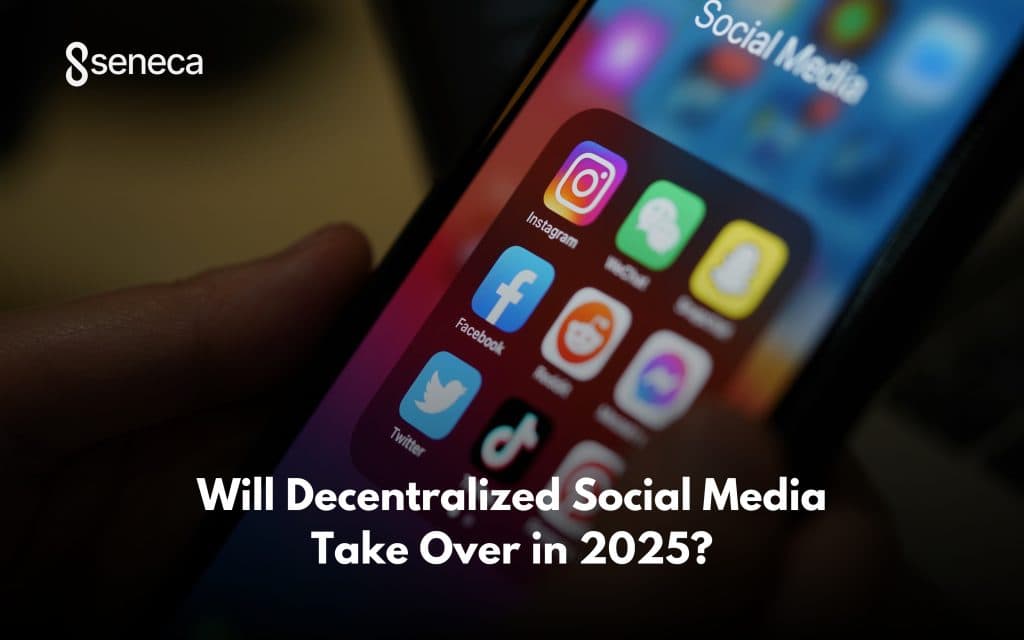
Jan 14, 2025
Read more
Will Decentralized Social Media Take Over in 2025?
Explore if decentralized social media could reshape online interactions in 2025 with greater privacy and control.
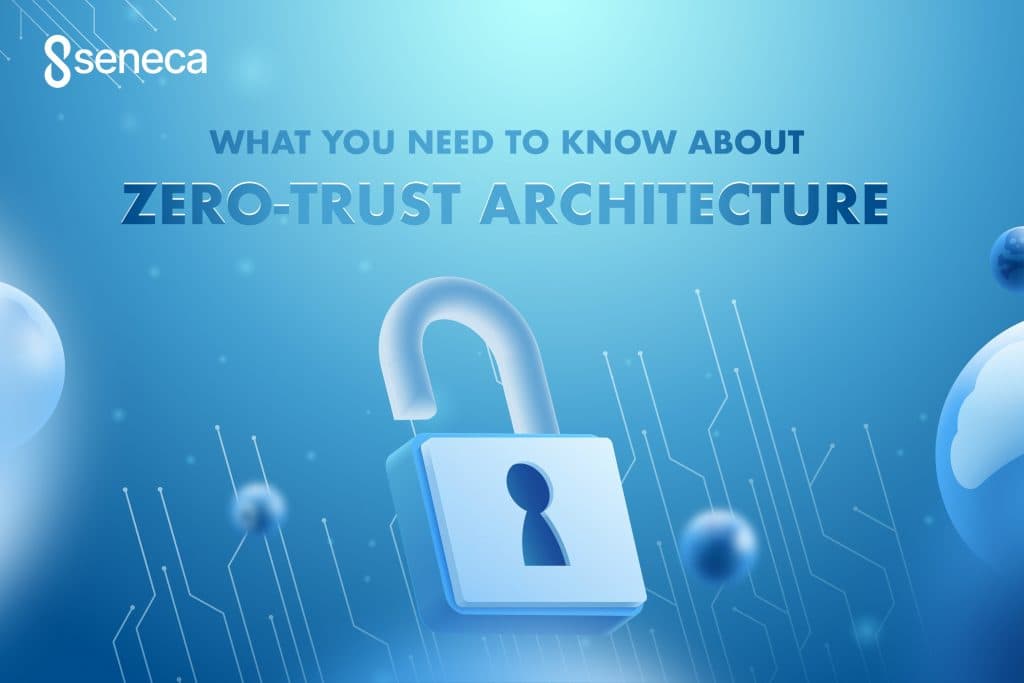
Jan 08, 2025
Read more
What You Need to Know About Zero-Trust Architecture
Learn the essentials of Zero-Trust Architecture: how it enhances cybersecurity by verifying every user and device.
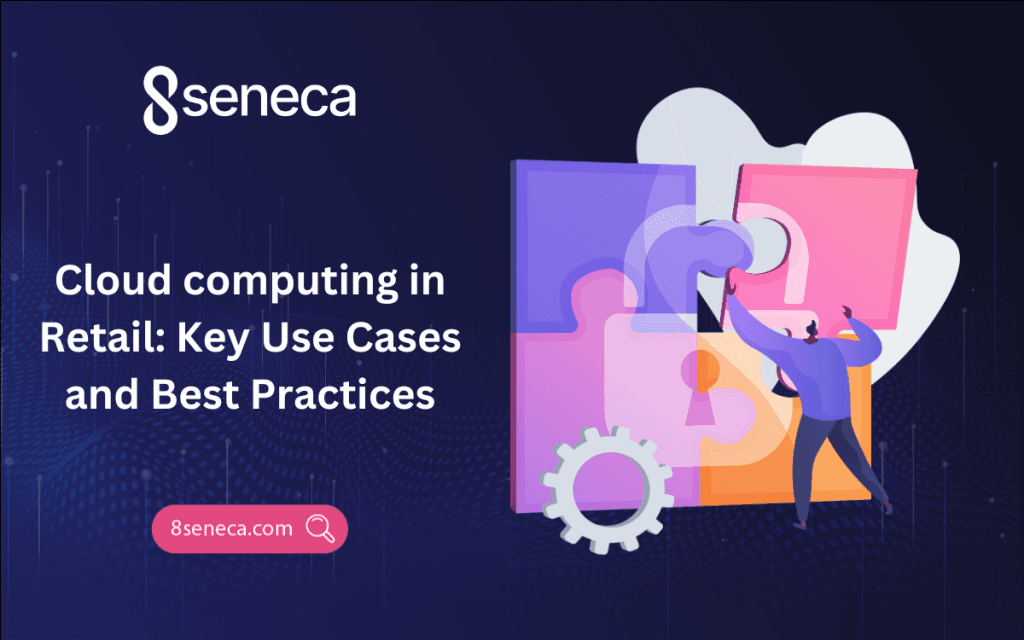
Oct 07, 2024
Read more
Cloud Computing in Retail: Key Use Cases and Best Practices
Cloud computing helps retailers optimize operations, streamline inventory, and improve decision-making with real-time data.
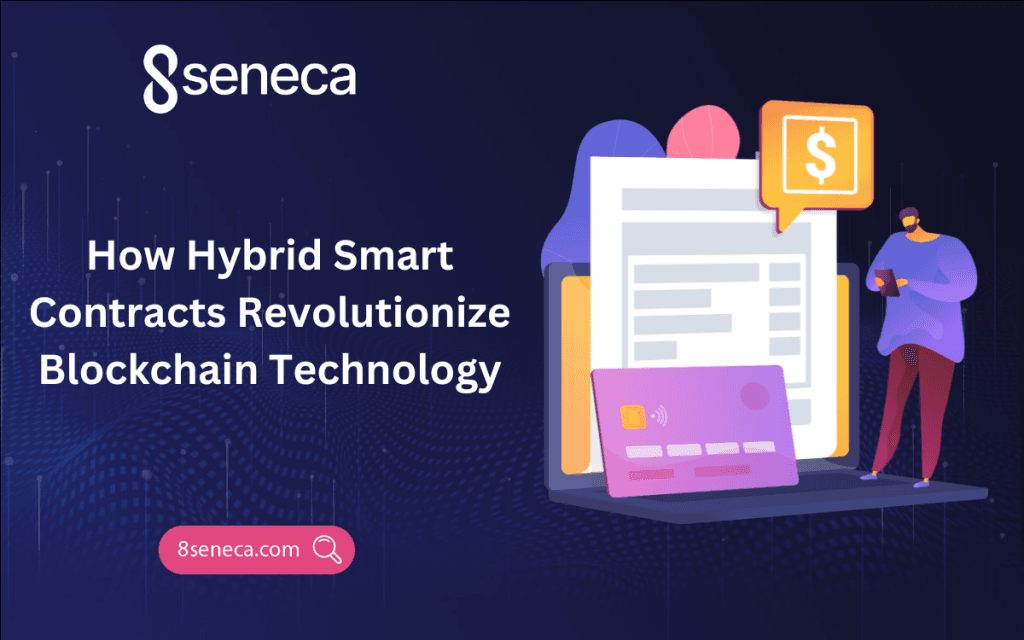
Sep 27, 2024
Read more
How Hybrid Smart Contracts Revolutionize Blockchain Technology
Discover what hybrid smart contracts are and how they are revolutionizing blockchain technology, including key benefits and challenges.
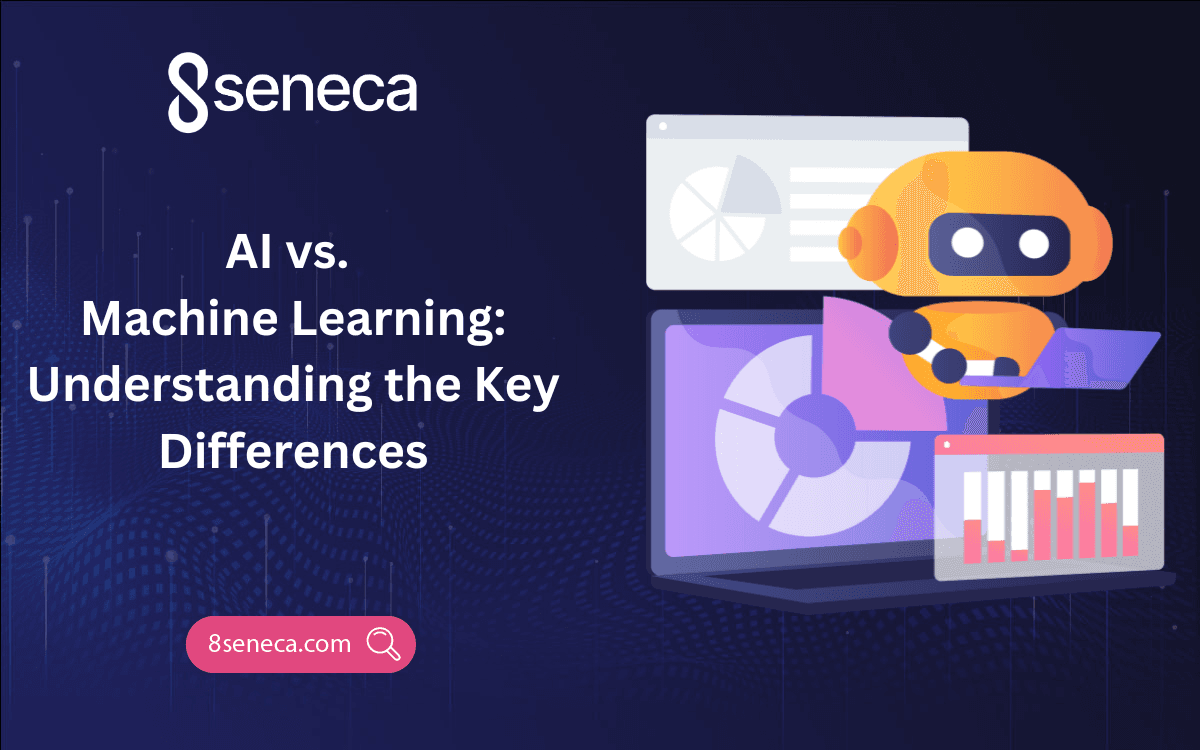
Sep 25, 2024
Read more
AI vs. Machine Learning: Understanding the Key Differences
Learn the differences between AI and ML, their impact on business, and how to leverage them effectively in business.
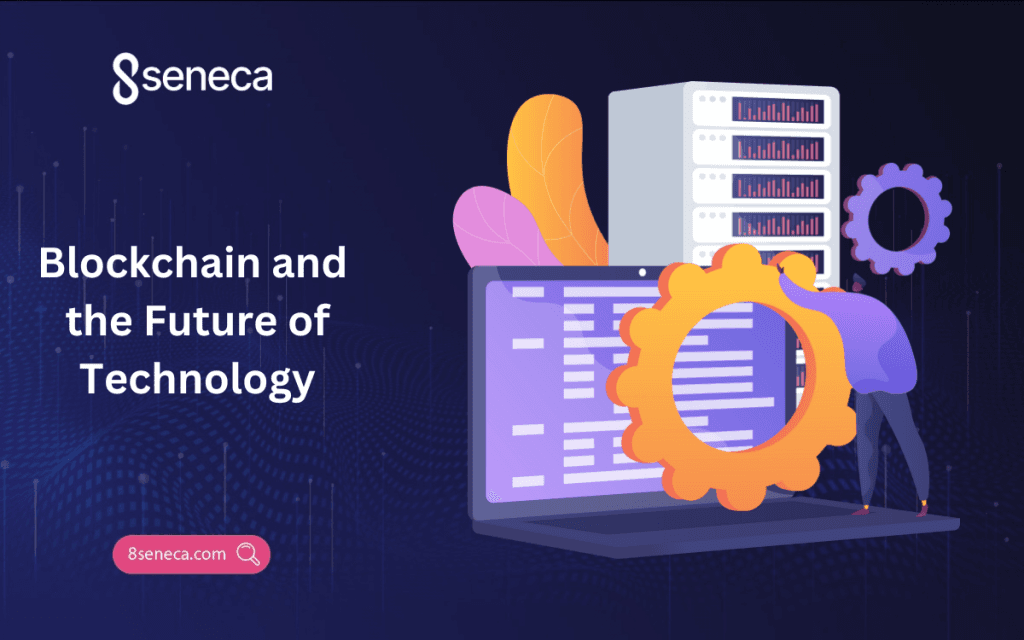
Aug 14, 2024
Read more
Blockchain and the Future of Technology
Explore how blockchain technology is revolutionizing industries like finance, healthcare, and supply chain management.
